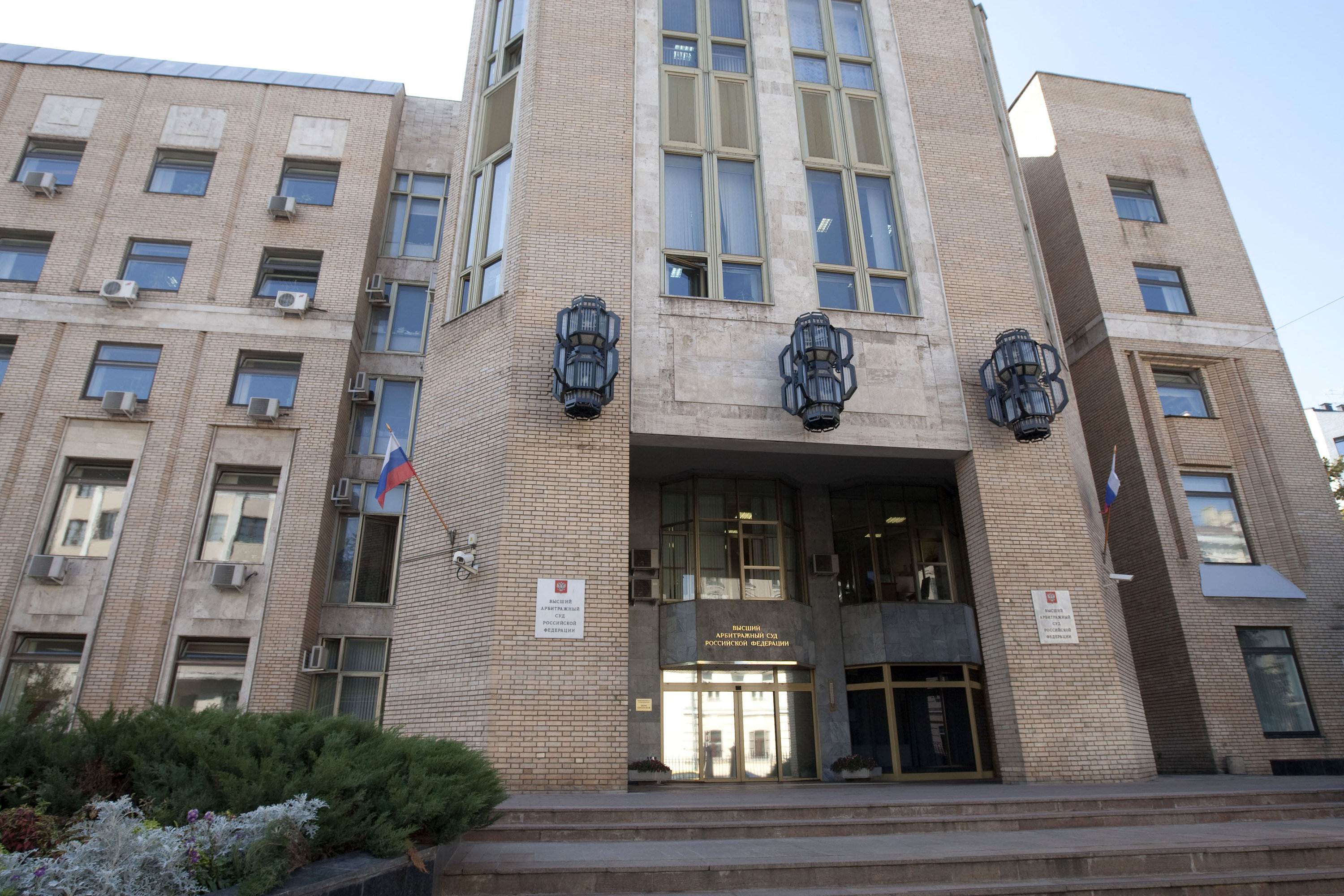The Russian Supreme Commercial Court is soon expected to define its position on parallel imports, or the import of goods by unauthorized distributors without the trademark holder's consent. Its presidium will consider the lawsuit between businessman Sergei Chudov and the customs authorities on November 13.
The court will most probably take into account the outcome of a high-profile case in 2009 concerning the import of a used Porsche Cayenne. At the time, the Supreme Commercial Court turned down the trademark holder's objections, and allowed a parallel importer to bring the luxury car into Russia.
New sample case
Chudov imported used Yamaha motorcycles in 2010. The Vladivostok customs authorities retained 10 motorcycles for 10 days to make sure that they were real.
Yamaha is a trademark owned by Yamaha Hatsudoki Kabushiki Kaisha in Japan. The company's authorized trader in Russia is Yamaha Motor CIS.
The customs authorities sent a query to the official distributor and a week later received a confirmation that the trademark holder did not object to the import of the motorcycles. The detained vehicles were then released to the importer.
Considering the retention of his goods unlawful, the businessman lodged a claim against the customs authorities with a commercial court.
The claim was satisfied. The court decided that the customs authorities had not submitted any evidence that the trademark holder had prohibited the importation of the goods. Additionally, the court stated that they had not substantiated the illegality of the claimant displaying the Yamaha trademark on the imported motorcycles.
An appeals court upheld the ruling. However, the customs authorities pleaded with the Supreme Commercial Court to overrule the judgments.
Decision lies with trademark holder
A three-judge panel that assessed the case before referring it to the presidium decided that the importation of goods under a registered trademark by anyone other than the trademark holder, without his consent, was an infringement of intellectual property rights. The panel therefore ruled for the customs authorities, establishing that the trademark holder’s consent should have been received.
Porsche gets through
The court’s presidium considered a similar dispute in February 2009 between the customs authorities and the Moscow-based Genesis company, which had imported a used Porsche Cayenne into Russia for resale.
The customs authorities asked the court to fine the company for the illicit use of the Porsche and the Cayenne trademarks, and to confiscate the car. The pledge was supported by a letter from Porsche Russland, claiming that the import of the vehicle had breached their rights as the sole holder of the trademarks in Russia. The courts ruled in favor of the customs authorities.
However, the presidium ruled that the import of a good can only be deemed unlawful if it bears an illegally replicated trademark. As the car had been genuinely manufactured by the trademark holder, illegal replication could not be claimed. Thus, the importing company won the case.
A matter of time
Meanwhile, a dispute between the Swiss Longines watchmakers and the Russian Internet shop Bestwatch.ru is nearing an end. The manufacturer has claimed 5 million rubles in compensation for the alleged breach of its exclusive trademark rights.
The first instance court satisfied the claim in part, reducing the compensation to 3 million rubles.
The appeals court, in turn, dismissed the claim on the grounds of the Porsche case, thus applying an administrative judgment to a purely civil dispute.
The appeals court's decision was eventually overruled, as the Internet shop brought the case to the Supreme Commercial Court. The defendant reapplied in October for a supervisory review. The outcome, still pending, is unlikely to be in its favor.
Anti-monopoly service’s viewpoint
Meanwhile, Federal Antimonopoly Service head Igor Artemyev has expressed his own views on parallel imports. He believes that lifting the ban on the practice will boost competition among importers and push down prices.
However, other experts believe that the issue is less clear-cut than this, as lifting the ban could increase the trafficking of counterfeit goods. If the customs authorities begin to permit the import of brand-name items without the trademark holder’s consent, fraudulent commercial activities will flourish, they say.
Nevertheless, Artemyev told businessmen at a meeting organized by the Association of European Businesses on April 27 that the legislative removal of the restrictions on parallel imports could be expected by mid-2013.
Thus, the Supreme Commercial Court’s stance on the issue may change the game.
Expert comment
Viktor Gerbutov, an intellectual property expert who represented Longines in the above case, welcomes the Supreme Commercial Court’s plans to clarify the issue.
“Although lower level courts now tend to regard parallel imports as a breach of trademark holders’ rights, the confusion caused by the outcome in the Porsche case is still being exploited by parallel importers and disorients the courts,” he said.
Gerbutov does not believe the court has simply decided to oppose the watchdog, he said. Rather, it is trying to bring consistency into legal practice, he stressed.
Sergei Feklyunin, RAPSI



